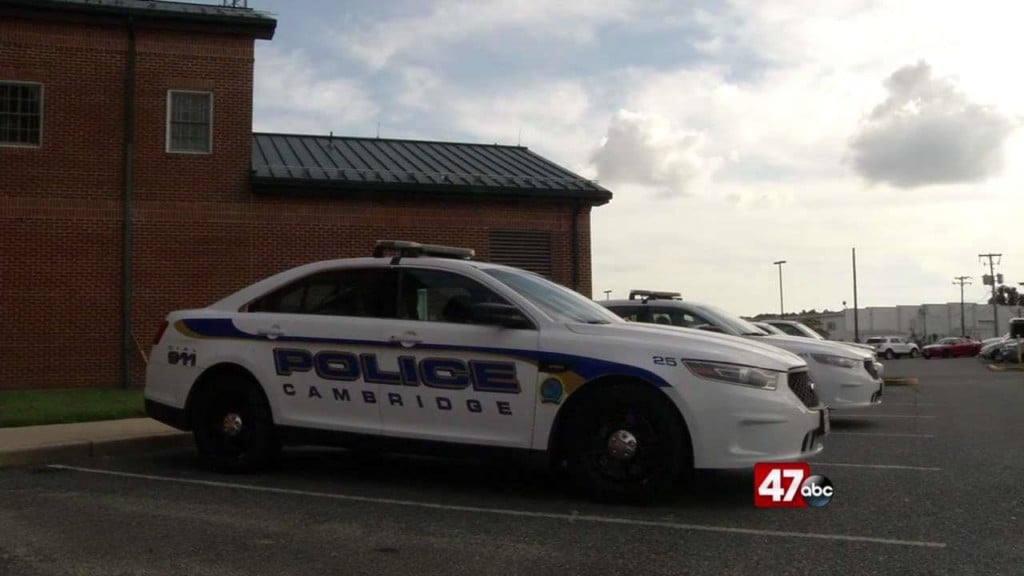Del. Governor signs comperehensive legislative package boosting housing resources
DELAWARE – Housing advocates in Delaware are celebrating the signage of a legislative package by Governor John Carney. The bills work together to form a multi-pronged approach to ensuring access to safe, affordable housing for all Delawareans, say supporters.
Tackling the Housing Crisis
The First State is facing a housing crisis, along with the rest of the nation, says the director of the Delaware State Housing Authority (DSHA) Cynthia Karnai. “These bills are addressing these issues that our family members, friends, and our fellow Delawareans face every day.”
Notably, a new affordable housing task force is being created. Karnai says that the group will be instrumental in addressing such challenges for decades to come.
“This is going to bring together experts and allies for affordable housing throughout the state of Delaware,” Karnai said. “We can work together to identify best practices and put together a recommendation that we can implement for the state.”
Keeping People in Their Homes
Part of the solution to that crisis, say advocates, is ensuring that people are able to stay in the homes that they’re already in. Karnai says that’s especially important for low-income individuals, seniors, and those living with disabilities.
Senate Bill 246, part of the package, continues DSHA’s 30-year tradition of helping to do that. The bill codifies a Housing Repair and Modification Fund, which will be administered through the DSHA.
“Not only are these programs investing in our families and our households, they’re investments in our communities,” Karnai said. “So, we’re able to address some of the aging housing stock, and help that to be updated, accessible, and made available for families that can live in these homes for decades to come.”
Kevin Gilmore, CEO of Sussex County Habitat for Humanity, says this program could be especially helpful in communities where new housing is being rapidly built.
“There are a lot of people, not just in Sussex County but throughout the state of Delaware, who just need help staying in the house they already have, but they physically or financially can’t afford to do some basic modifications to continue to live in a healthy way,” Gilmore said. “[The new housing] is largely unaffordable housing to a large part of our population. So, when the average house cost is so high, we need to be able to help keep people in the houses they already have.”
Fighting Foreclosure
Another bill that builds upon existing programs is Senate Substitute 1 for Senate Bill 245. The legislation removes expiration dates from The Office of Foreclosure Prevention and Financial Education and the Residential Mortgage Foreclosure Mediation Program.
The programs were brought about in the wake of the 2008 financial crisis. Karnai says continued challenges on the housing front are making it necessary to keep the initiatives around.
“For most Americans, [a home] is the biggest purchase they’ll ever make in their lives, and it’s also the means to pass generational wealth down. So, ensuring stability within housing and for homeownership here in Delaware is essential,” Karnai said. “As these programs started to close, DSHA wants to respond to ensure that homeowners can continue to remain in their homes.”
Workforce Housing Program
Gilmore says affordability remains a large challenge for many in the area his organization serves.
“One in three people in Sussex County are paying more than 30% of their income on housing costs,” Gilmore said. “There’s a large part of our population that could benefit from having more inventory at a moderate price point, and help stabilize their lives through stable, affordable housing.”
Qualified workforce housing investors would be reimbursed through a grant of up to 20% of the capital costs for their project. The project must be located in Investment Levels 1 and 2 as established by the Delaware Strategies for State Policies and Spending. A grant may not be awarded for any project that also uses a federal low-income or state low-income housing tax credit.
Karnai says incentivizing developers to invest in housing for disadvantaged communities will be key in addressing housing challenges. “Being able to provide and ensure safe, decent, sanitary, accessible housing for Delawareans is DSHA’s mission, but we can’t do it alone.”
Support for Manufactured Home Communities
The legislation creates a clearer and workable system to ensure manufactured home communities have healthy and safe living conditions. It also outlines requirements for what a community owner must do when they receive a citation or experience a failure for water, sewer, and utility services distributed by the owner.
In addition, it provides a surety bond for 150% of the estimated cost if it cannot be done in a timely manner. Plus, community owners may not impose a rent increase if it does not comply with the bill’s requirements.
Manufactured housing is one of the largest available pools of affordable housing in Sussex County, says Gilmore. He adds that manufactured homes are also an aging housing stock.
“Through repair services is how we interact with the manufactured housing communities the most,” Gilmore said. “Helping to protect people in those situations, I think, is a really important bill.”
Clamping Down on Discrimination
Senate Substitute 1 for Senate Bill 293 meanwhile, makes adjustments to Delaware’s fair housing definitions to strengthen protections over equity. As part of those changes, discrimination against paying for housing with vouchers or subsidies is now prohibited.
“It really helps level the playing field. If people are able to pay for their housing, whether that’s through a voucher program or through another type of income, shouldn’t be held against them,” Gilmore said.
Gilmore says that housing can be both a stabilizer and an equalizer. Often, he adds, access to safe, affordable housing can give people opportunities that they might not otherwise have.
“I think when we look at the opportunity areas where we want to put more affordable housing in areas that are more affluent, it’s a stabilizing force for education, and for our economy, for our quality of life,” Gilmore said.
Looking Ahead
And, the continued focus on improving housing access across the First State is only gaining momentum.
“This number of bills at one time is really showing the conversation around the need,” Gilmore said. “We’re saying this is a crisis, and our legislators are taking action on that. In my 20 years with affordable housing here in Sussex County, I’ve never seen this much attention paid to it.”
However, more work can always be done; Gilmore is hoping to see more support come from the county and municipal levels. Controlling land costs could be one way to improve that support, he says.
“This is important for us, as a community, and as a state, and we’re going to keep working on legislation like this s the government takes the lead on this issue,” Gilmore said.


